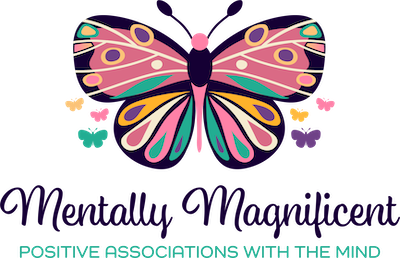Unraveling the Hidden Impact of Trauma
Trauma is a powerful force that can leave lasting marks on our lives, often in ways we might not immediately recognize. In this blog post, we will explore the intricate web of trauma’s ripple effect in daily life and how it can shape our experiences, behaviors, and overall well-being.
Understanding Trauma’s Reach
Trauma doesn’t just affect us during the traumatic event itself. Its impact can extend far beyond the initial experience, infiltrating various aspects of our lives. Here are some ways in which trauma’s influence can manifest:
1. Relationships
Trauma can strain our connections with others. It may lead to difficulties in trusting, opening up, or forming healthy attachments. People who have experienced trauma may struggle with intimacy or have difficulty setting boundaries, which can impact their friendships, family dynamics, and romantic relationships.
2. Emotional Regulation
Trauma can disrupt our ability to regulate emotions. Individuals who have undergone traumatic experiences may find themselves experiencing intense emotional reactions to seemingly minor triggers. Understanding and managing these emotions can become a daily challenge.
3. Self-Image and Self-Worth
Trauma often leaves a mark on our self-perception. Negative self-beliefs can take root, leading to feelings of unworthiness, shame, or guilt. These beliefs can hinder personal growth, limit opportunities, and affect our overall life satisfaction.
Breaking the Cycle
Recognizing trauma’s ripple effect is the first step toward healing and growth. By acknowledging its presence in our lives, we can begin the journey to resilience and recovery. Seeking support from mental health professionals, practicing self-compassion, and learning healthy coping strategies are vital steps in breaking free from trauma’s grip.
Trauma’s ripple effect is a reminder that healing is not just about addressing the initial wounds; it’s about understanding how those wounds shape our daily lives. By acknowledging and addressing the hidden impact of trauma, we can pave the way for a brighter, more fulfilling future.









